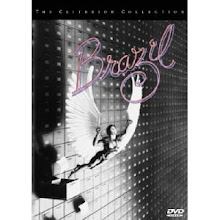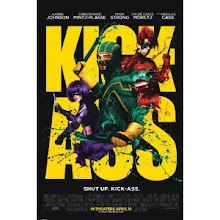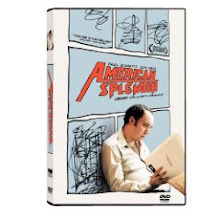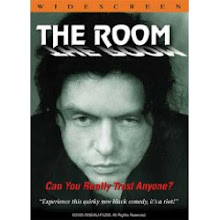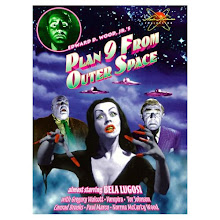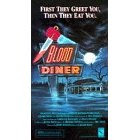by Jason Pyles / August 29, 2009
Many people consider Ed Wood’s “Plan 9 From Outer Space” (1959) to be, quite literally, the worst film ever made. Yes, it uniformly fits in with the other bad films we’ve been discussing — and yes, it’s poorly made, but I don’t consider it “the worst film ever made.”
[Huge digression regarding the concept of a movie being “the _____ movie ever made”:
Once I was reading Stanley Kauffmann, the legendary film critic for The New Republic. He scoffed at the audacity of judging a film the severest of all filmdom (for whatever reason, for better or for worse), since it is basically impossible to truly be qualified to make such a call, as no one has seen every film ever made. Indeed, since many films are lost or no longer exist, those facts alone make it an impossibility. But why quibble when we all understand the sentiment? Such classifications aren’t literal, anyway.]
Director Edward Wood Jr. is somewhat infamous for his filmmaking. He has been voted the “worst director of all time.” (See? We love making those distinctions.) In 1994, Tim Burton made a film called “Ed Wood,” starring Johnny Depp in the title role. Perhaps we should also check that movie out at some point.
Despite its deplorable special effects and costumes, “Plan 9 From Outer Space” follows suit with the themes common to science-fiction films, such as the anxieties of man’s technological advancements and the chance they could go awry; hostile alien visitations; government conspiracies; etc. The 1950s were brim with sci-fi offerings that reflected anxieties of the Cold War and the ominous existence of nuclear weaponry.
So, I have to give “Plan 9” credit for its own metaphorical take on these worries, what with the aliens trying to save us from ourselves and our irresponsible, runaway science and our destructive, war-prone natures.
And what about this movie’s crazy, cross-genre blending? What we basically have here is a sci-fi, alien, zombie, vampire movie! Weird.
Yes, it’s a terrible-looking film with horribly clunky dialogue, but at least it has something akin to a plot, fitting for its era (which is more than I can say for the reprehensible “Urban Menace”). Even the utterly deplorable “Master of Disguise” movie had a little bit of a story.
“Plan 9’s” Achilles’ heel involves its production design and all the related duties: art, makeup, costumes. What killed me was the alien Eros’ Knights-of-the-Round-Table outfit. (Why would an alien who resents humans’ warring tendencies have a medieval battle-ax on his uniform?) And how about that junky, flea-market table that was aboard the alien spacecraft — you know, the set that looked curiously like the inside of a wood shed? Get it? “Wood” shed? Thus it was.
The flying saucers look hilarious, yes, but I also found them intriguing to watch — unconvincing, to be sure, but entertaining, nonetheless. Oh, and I have to commend the film’s sound department, Dale Knight and Sam Kopetzky: When the earthlings knocked on the outside of the spaceship, it really sounded like some kind of alien alloy. I was almost deluded into thinking it was a real ship ... that is, until they went inside.









